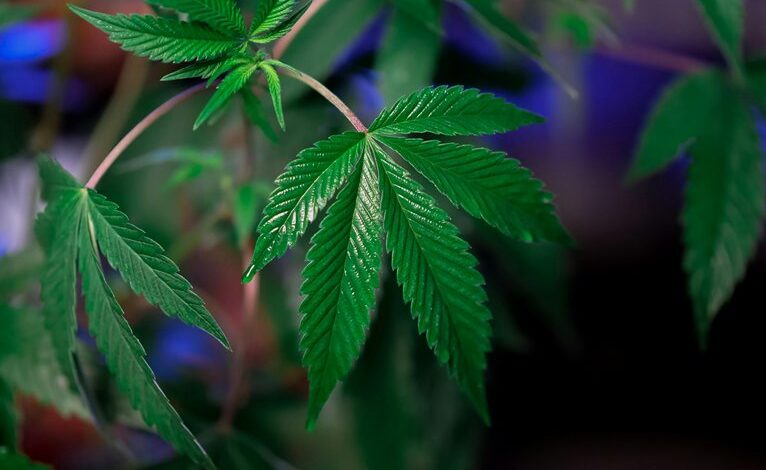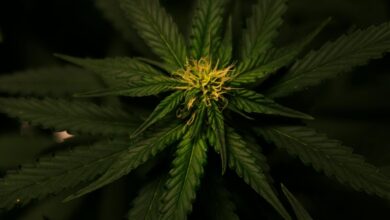The Difference Between Thc and Cbd

THC and CBD are two prominent cannabinoids derived from cannabis, each with unique properties and effects. THC is primarily known for its psychoactive qualities, inducing euphoria and altering perception. In contrast, CBD offers therapeutic benefits without intoxication, such as anxiety reduction and pain relief. Understanding their different mechanisms and implications is crucial for users seeking specific health outcomes. This analysis invites further exploration into their legal standings and the complexities surrounding their use.
What Is THC and How Does It Work?
Tetrahydrocannabinol (THC) is the primary psychoactive compound found in cannabis, responsible for the euphoric effects commonly associated with marijuana use.
THC binds to cannabinoid receptors in the brain, influencing mood, memory, and pain perception.
The THC effects include relaxation, increased appetite, and altered sensory experiences.
Additionally, potential THC benefits include pain relief and reduced anxiety, contributing to its therapeutic appeal and promoting personal autonomy.
Understanding CBD and Its Benefits
While THC is known for its psychoactive properties, another prominent cannabinoid, cannabidiol (CBD), has garnered significant attention for its non-intoxicating effects.
Research indicates various CBD benefits, such as reducing anxiety, alleviating pain, and improving sleep quality.
Common CBD sources include hemp-derived oils, capsules, and topical applications, allowing individuals to explore therapeutic options without the mind-altering effects associated with THC.
Comparing the Effects of THC and CBD
Although THC and CBD are both cannabinoids found in the cannabis plant, their effects on the human body differ significantly due to their distinct interactions with the endocannabinoid system.
THC is known for its psychoactive properties, inducing psychological effects such as euphoria, while CBD offers medicinal uses without intoxication, alleviating anxiety, inflammation, and seizures.
Understanding these differences informs informed choices for personal freedom and health.
Legal Status and Regulations of THC and CBD
The legal status of THC and CBD varies significantly across jurisdictions, reflecting differing attitudes toward cannabis regulation.
Legal implications arise from federal regulations, which classify THC as a Schedule I substance, while CBD derived from hemp is federally legal under the 2018 Farm Bill.
This dichotomy complicates access and compliance, necessitating careful navigation of local laws for consumers and businesses alike.
Conclusion
In summary, THC and CBD showcase strikingly distinct characteristics, catering to diverse demands and desires. While THC tantalizes with its psychoactive properties, CBD calmly conveys therapeutic benefits without intoxication. Understanding their unique attributes empowers individuals to make informed choices based on personal health needs. As research continues to unfold, clarity regarding the legal landscape remains crucial, ensuring consumers navigate this nuanced niche safely and sensibly. Ultimately, the balance between these cannabinoids offers a promising path toward wellness and well-being.





